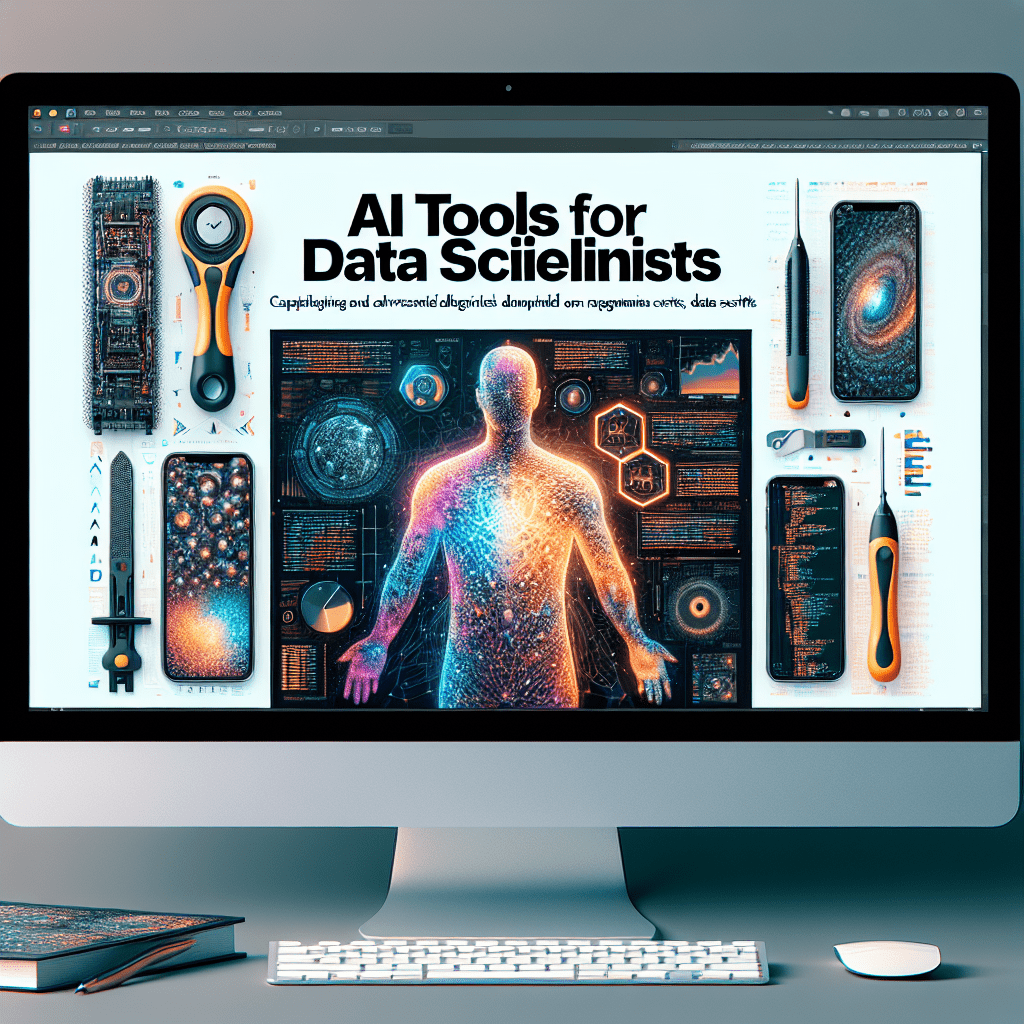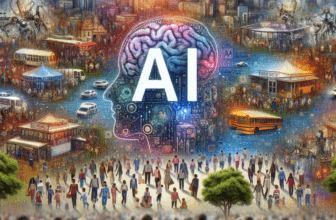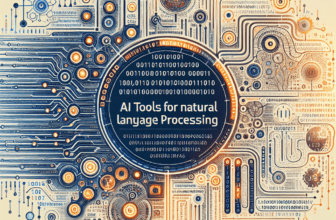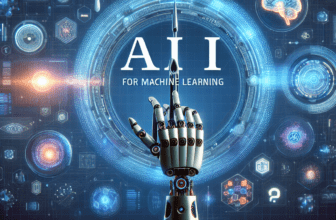
[ad_1]
Artificial Intelligence (AI) tools have become indispensable to data scientists for handling vast datasets, deriving insights, automating repetitive tasks, and predicting trends. The burgeoning field of AI continues to grow, offering an array of tools that cater to diverse data needs and complexities. Here, we explore the top 10 AI tools for data scientists, each excelling in different aspects of data manipulation, analysis, and model development.
1. TensorFlow
TensorFlow is an open-source framework developed by Google Brain. It is extensively used for numerical computation using data flow graphs. TensorFlow is particularly famous for its flexibility in conducting deep learning, neural network tasks, and its capabilities in scaling the processing from desktops to thousands of GPUs in cloud environments. It has a robust, versatile ecosystem of tools, libraries, and community resources that lets researchers push the state-of-the-art in ML, and developers easily build and deploy ML powered applications.
2. PyTorch
PyTorch is another open-source machine learning library, but it originates from Facebook’s AI Research lab. This tool has gained popularity due to its ease of use and flexibility, particularly in academic and research settings. PyTorch provides an excellent platform for experiments with deep neural networks and enables dynamic computation graphs that update and change as they are executed.
3. Scikit-Learn
Scikit-Learn is a highly accessible and efficient tool mainly used for classical machine learning algorithms. It is built on NumPy, SciPy, and matplotlib, focusing on data mining and data analysis, providing simple and efficient tools for predictive data analysis. It is widely adopted, thanks to its understandable and practical documentation.
4. Jupyter Notebook
Jupyter Notebook is an open-source web application that allows you to create and share documents containing live code, equations, visualizations, and narrative text. It supports several programming languages like Python, R, Julia, and Scala. Data scientists use Jupyter for its convenience in code testing, data visualization, and exploratory analysis.
5. Tableau Public
Tableau Public is an AI-driven visualization tool that enables users to create interactive and shareable dashboards. It illustrates the patterns, trends, and correlations in data that might otherwise go undetected. Visual analytics play a critical role in decision-making processes, and Tableau provides an extensive toolset which supports various functionalities ranging from mapping to sophisticated machine learning.
6. Microsoft Azure Machine Learning
Microsoft Azure Machine Learning offers a wide range of features allowing data scientists to build, train, and deploy machine learning models efficiently. Azure ML supports various ML frameworks and tools, including PyTorch, TensorFlow, and scikit-learn, and provides a cloud-based integrated development environment for data scientists.
7. IBM Watson
IBM Watson is known for its powerful cognitive features which process information similarly to how people think. It understands complex questions and provides answers that include reasoning and modeled options. Watson’s AI-driven insights accelerates research and development in fields ranging from health care to finance, making it a versatile tool for multiple industries.
8. RapidMiner
RapidMiner is an advanced analytics platform developed by the company of the same name. It is designed for data preparation, machine learning, deep learning, text mining, and predictive analytics. It is known for its ability to provide an integrated environment for all stages of analytics, data preparation, model building, and deployment.
9. Google Cloud AI Platform
Google Cloud AI Platform lets data scientists build machine learning models faster and provides modern machine learning services, with pre-trained models and a service to generate your own tailored models. Its neural-net-based ML service has a better training performance and increased accuracy compared to other deep learning systems.
10. H2O.ai
H2O.ai is an open-source data analysis platform that provides a range of scalable machine learning and deep learning models. One of the strengths of H2O.ai is its fast in-memory processing, which allows it to handle large data sets efficiently. It also offers an AutoML function that can automatically run through all the algorithms and their hyperparameters to produce a leaderboard of the best models.
Closing Thoughts
Choosing the right AI tool can significantly influence the performance of data-related tasks and the insights generated, thus impacting decision-making and strategic planning within a business. Each of the tools listed has specific strengths, focused on various aspects of data science, from data analysis to machine learning model deployment.
For data scientists, either entering the field or seasoned professionals, exploring these tools and testing their capabilities on different projects is a crucial step towards enhancing their analytical capabilities and staying competitive in the rapidly evolving landscape of AI technology. Additionally, as these tools are ever-evolving, continual learning and adaptation are essential to maximize their potential in real-world applications.
[ad_2]







